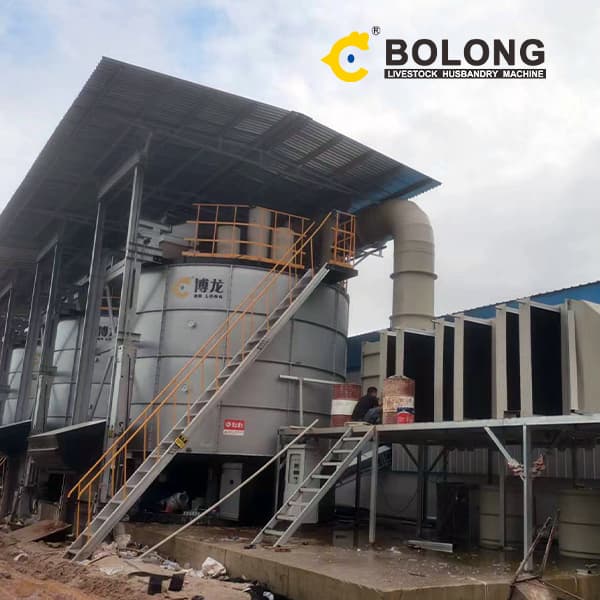
"Ending animals' historic role as providers of food for humankind is one of the most powerful measures we can take to reduce our impact on this planet." Remilk pioneered a yeast-based fermentation process that produces non-animal milk proteins for use in dairy products traditionally made with cow-derived milk proteins.
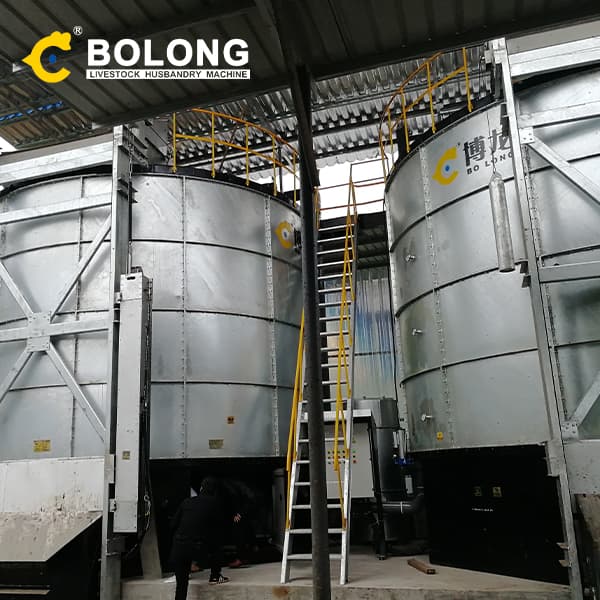
Trowel or Poop Scoop: You will need a trowel or poop scoop to mix the dog poop with the bokashi bran. Pet Waste: Of course, you will need pet poop to compost! It’s important to use only pet waste in your composting system, and not mix it with other types of waste.
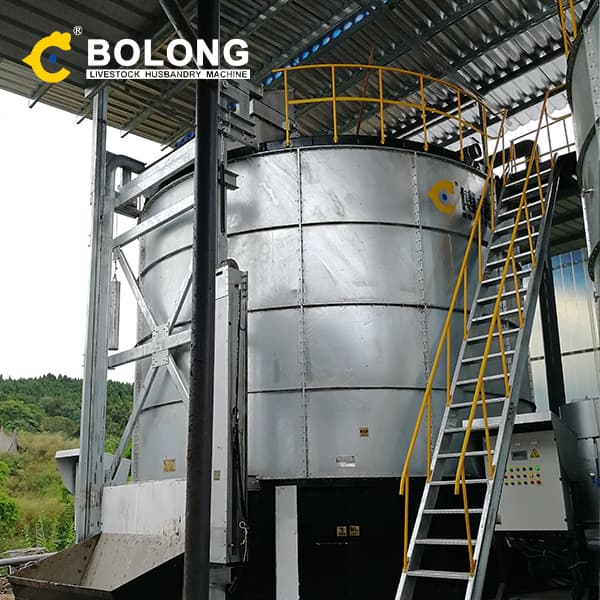
Bokashi Pet Cycle Fermentation Systems safely and rapidly transform pet waste into a product that restores nutrients and microbes to the soil for ornamental plants, making it the better, simple choice for pet waste disposal.

Some say that their poop looks similar to dog poop, but you can tell the difference because raccoons will usually have bits of undigested food in their feces. What to Do If Droppings Are Found Despite raccoons making a mess in trash cans and lawns, they have a pretty organized way of relieving themselves.

Jan 24, 2020 · A lot of things will lie to you in your life, but not poop. Close examination of animal scat will help you identify not only the species but how recently the animal was there, its sex, what it ate
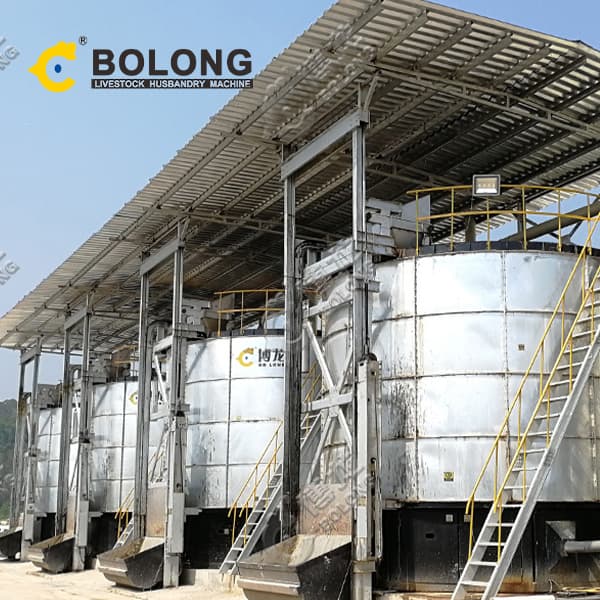
For example, cattle and sheep are foregut fermenters, while horses and rabbits are hindgut fermenters. Overall, food-producing animals such as pigs and chickens and companion animals (cats, dogs) have a pouch-like, noncompartmentalized stomach, whereas ruminant animals (cows, sheep) have more specialized fermenting chambers.
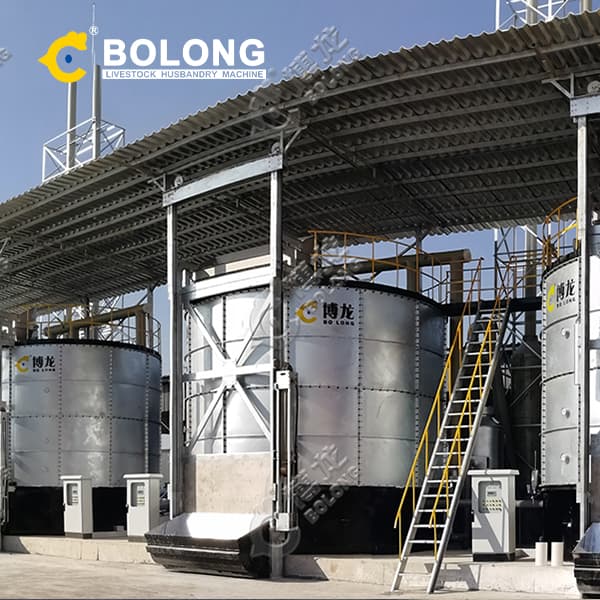
Jan 1, 2021 · The fermentation trough (biogas reactor) represents the primary nucleus in the facility. It is often operated under constant temperatures, where the bacteria process the fragmentation of organic matter that may remain in the fermenter for 10–35 days. The fermentation device is fed continuously or intermittently and irregularly [18].
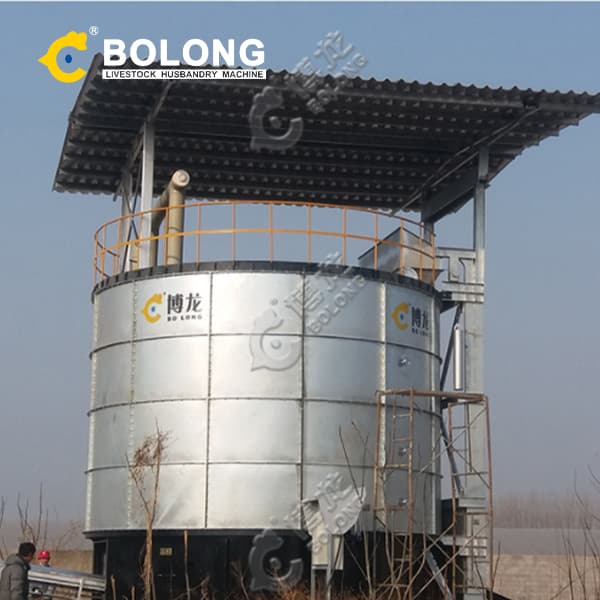
Mar 19, 2021 · The Best Conical Fermenters for Homebrewing (Price – Low to High) FastFerment Conical Fermenter. By far the cheapest fermenter on this list, the FastFerment Conical Fermenter is a great plastic fermenter to get started with the benefits of conical fermentation for under $100.
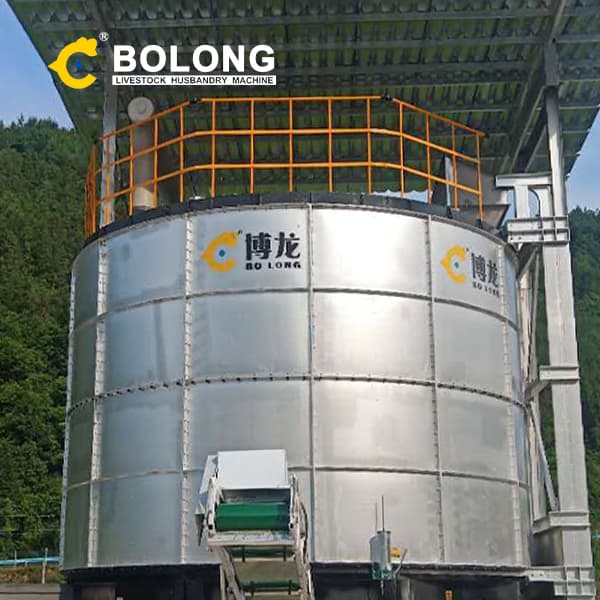
With its large capacity and efficient mixing system, our Horizontal Fermentation Tank can process large volumes of material quickly and effectively. Built with high Get Price Enquiry

The popularity of Kopi Luwak coffee has spawned a range of spin-off products involving other animals, such as coffee beans produced from the feces of elephants, monkeys, and birds. This trend raises concerns about the mistreatment of animals in the coffee industry, creating a negative impact that extends beyond the production of civet coffee.
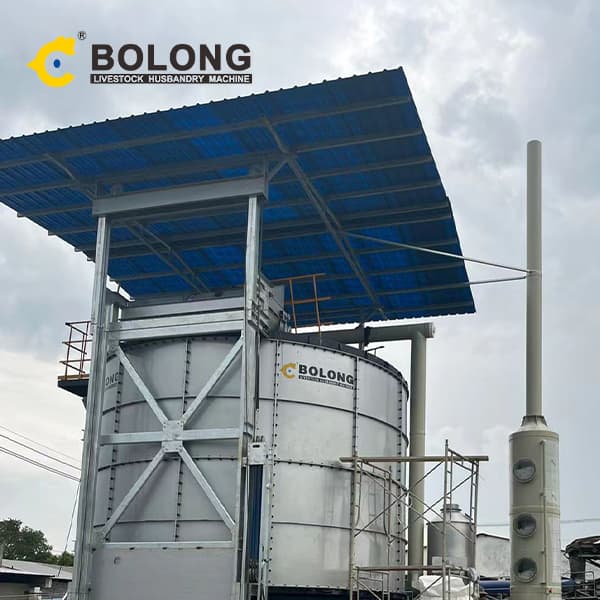
ANIMAL MANURE AS SUBSTRATE FOR BIOGAS This paper investigated the potential of cow and pig manure for biogas production obtained through the anaerobic digestion process.
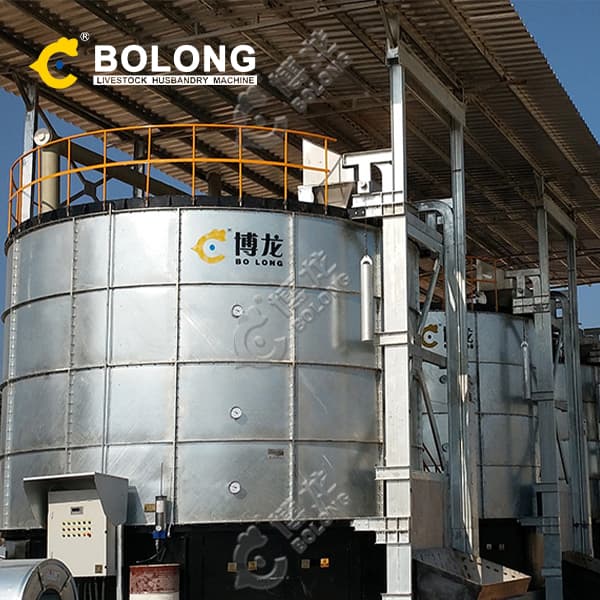
1 INTRODUCTION. Animal digestion types are classified as herbivores (ruminants and hindgut fermenters), carnivores, and omnivores. Many ruminant microbiota profiling studies have focused on cattle because of their importance in the beef and dairy industry (Brulc et al., 2009; Callaway et al., 2010; Jami & Mizrahi, 2012; Welkie, Stevenson, & Weimer, 2010).

Animal digestion types are classified as herbivores (ruminants and hindgut fermenters), carnivores, and omnivores. Many ruminant microbiota profiling studies have focused on cattle because of their importance in the beef and dairy industry (Brulc et al., 2009; Callaway et al., 2010; Jami & Mizrahi, 2012; Welkie, Stevenson, & Weimer, 2010).
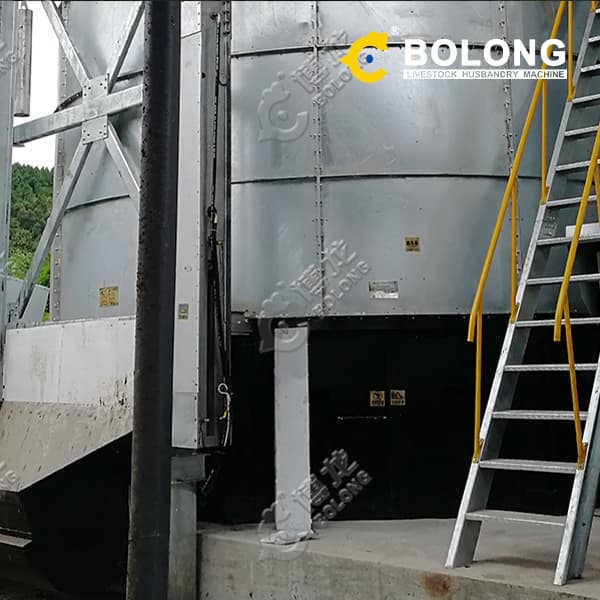
The Professional Animal Scientist 30 ( 2014 ):129–139 I NVITEd REVIEW: Applied nutrition of ruminants: Fermentation and digestive physiology 1 C. R. Krehbiel , 2 PAS Department of Animal Science, Oklahoma State University, Stillwater 74078 1 Presented at the American Registry of Professional Animal Scientists (ARPAS)
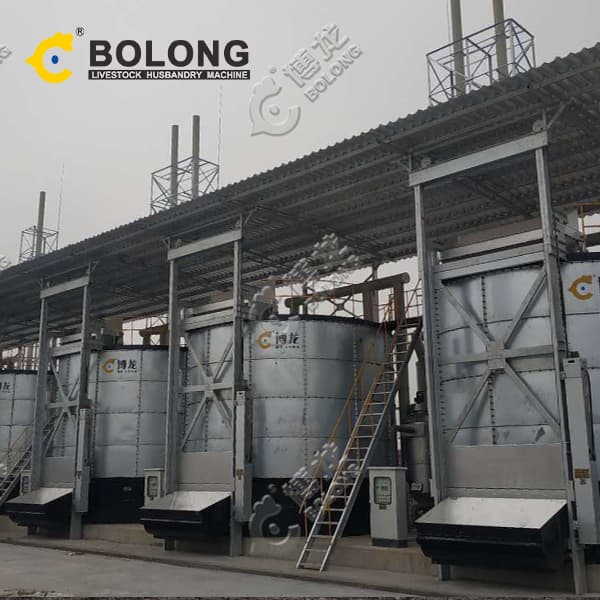
May 4, 2023 · The length of fermentation time depends on the type of beer you are brewing and the yeast strain you are using. Generally, fermentation takes about one to two weeks. After fermentation is complete, you can transfer your beer to another container for further aging. Maintenance. After each use, clean and sanitize your fermenter.